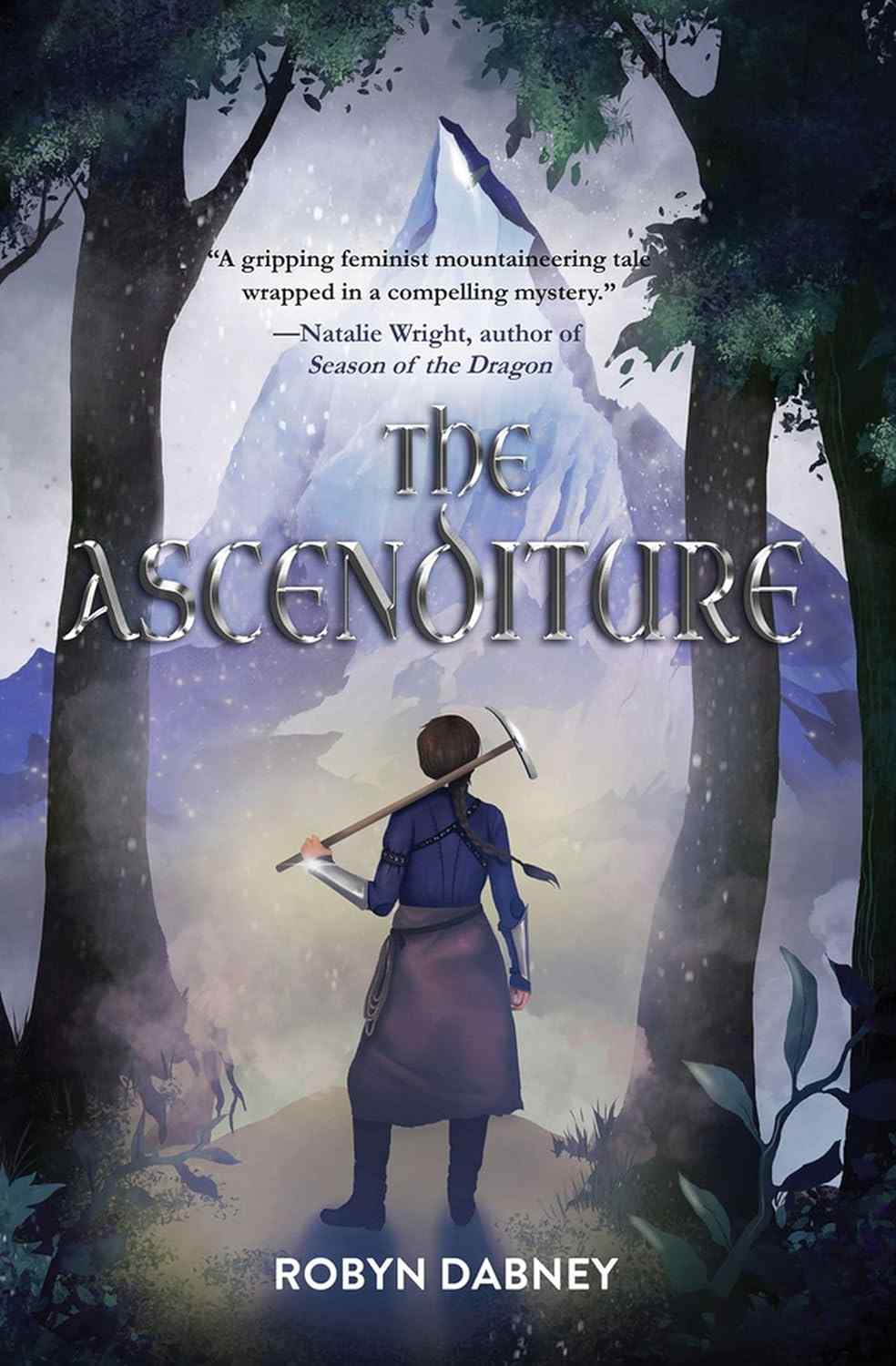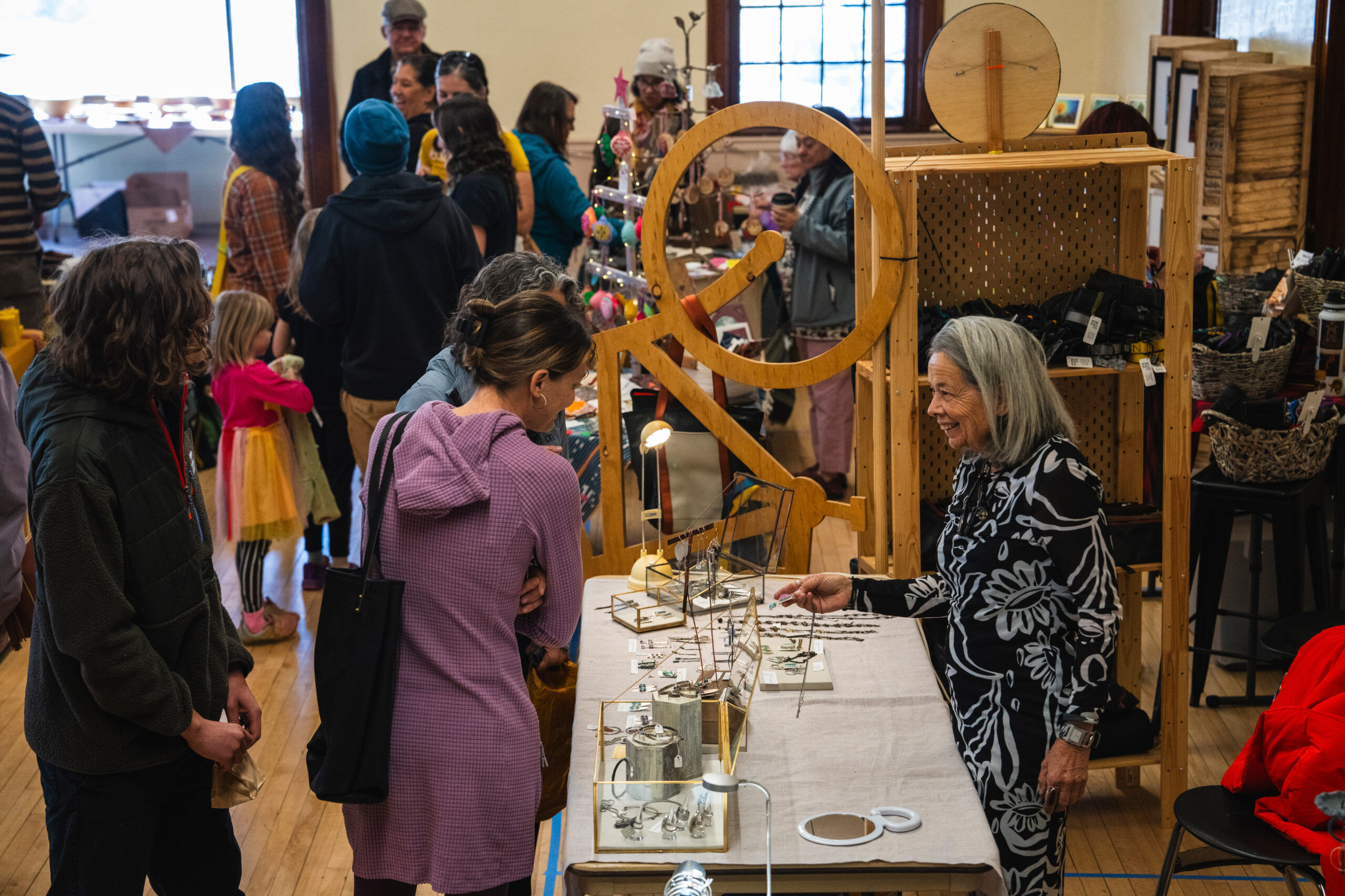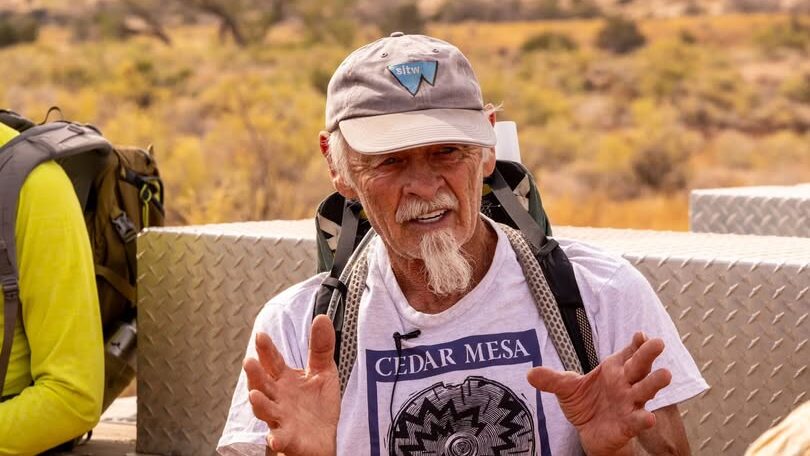Some information may be outdated.
Author Robin Dabney grew up in Moab during the 1990s, exploring the outdoors, hiking and mountain biking. When she was a kid, her parents described her as “well-fed and feral.” Years later, after a mountaineering expedition up Mount Rainier in 2011, she was inspired to start writing a fantasy climbing novel in a world based loosely on the Pacific Northwest.
The story draws on her experiences as a woman working in traditionally male-dominated fields, including as a park ranger, wildland firefighter and raft guide, and dives into the struggles of women and other marginalized people to “not just be who they are, but to be allowed in these spaces,” Dabney says.
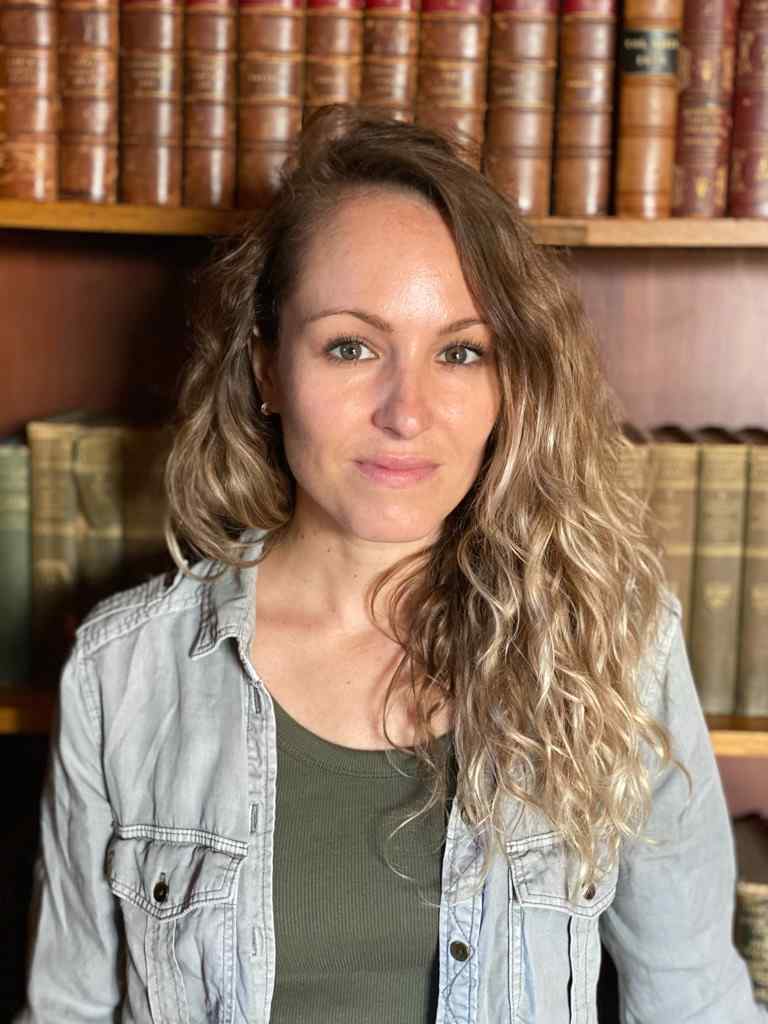
Her main character, Klarke Ascher, lives in a patriarchal realm where a mysterious lung illness plagues its citizens and women are forced to stay at home and serve men. Yet, Klarke had always dreamed of joining her kingdom’s climbing team, an elite squad that scales mountain peaks in search of medicine to cure the disease. Klarke begins to fight the oppressive system, but soon finds herself involved in a conspiracy as her fellow climbers are mysteriously murdered. Klarke soon realizes she’s not just fighting for her right to climb — but also for her life.
“The Ascenditure” published on May 14 and is now available in select bookstores, including Back of Beyond Books. It is the first in the “Daughter of the Summit and Sea” trilogy.
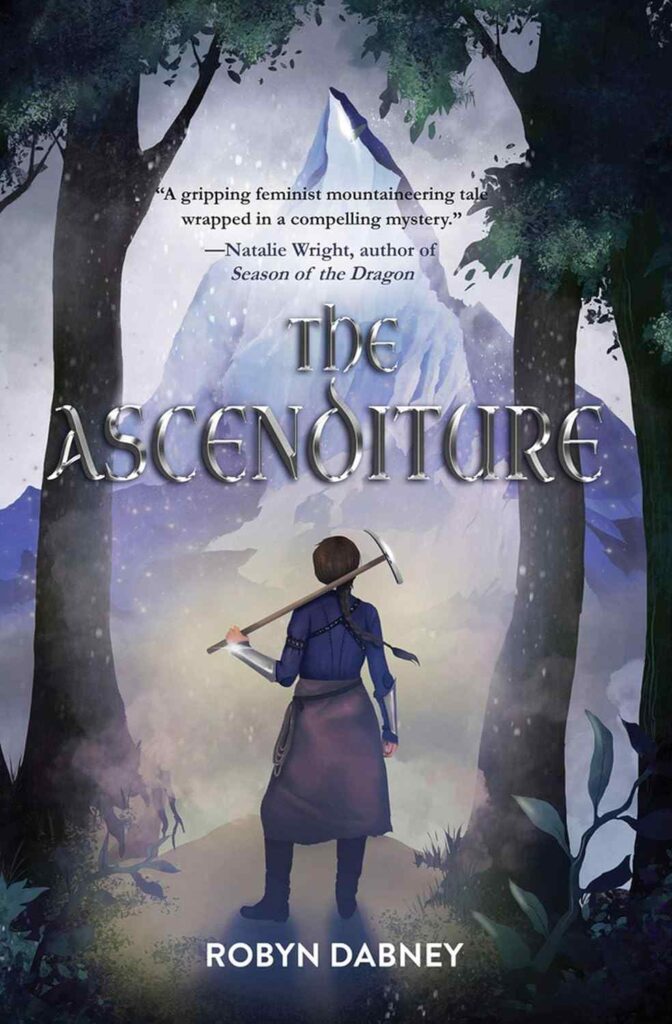
The Moab Sun News caught up with Dabney about her inspirations, writing process and novel.
This interview has been edited for length and clarity.
How did you become a writer?
A lot of it started in Moab. In my second grade class, my teachers really focused on reading and writing. That was a big thing. I remember we had to write all of these little stories and then illustrate them, and I absolutely fell in love with writing. Luckily, my mom kept all of those stories. So I still have them, which is really fun.
I was an editor on my high school newspaper for four years and studied wildlife biology in college. I worked as a park ranger for a while after college and then had the opportunity to leave my real job and pursue writing.
How did you begin writing the story?
I started writing it in 2017. I actually was at a writers’ group meeting. I was living in El Paso, Texas at the time. We had this prompt that was “I have the urge to clear the ground and…” We had 15 minutes to write something, and I wrote about my experience on Mount Rainier, specifically a stretch called Disappointment Cleaver. That was the first moment on that mountain where I was like: What have I done? I’m in way over my head.
I wrote about this experience of feeling this altitude sickness, an inability to breathe and deliriousness, and I read it to the group. And they were like, “You have to turn this into a story.” And I thought I should. I have to do it in my way, which is to wrap it in fantasy, with monsters and kings and all kinds of fun stuff.
What do you want people to take away from this book?
I think one of the great things about books is that everybody reads it and takes their own thing from it. And so I think there’s a lot of nuggets in here that will appeal to different people and inspire different things. The three things that I got from it, even as the writer, are:
Even as an individual, you can — and have the responsibility to — try to do something to make a difference. You can’t go out and change and save the whole world. But if you find that one place that you can focus your energy, you realize that there are other people out there also doing that. And together, you are all making a big difference.
Another thing that I want people to take from this is — especially for women and girls and female-identifying folks — to really go after the right to exist in spaces that have been typically male dominated, and to absolutely request a seat at the table. It’s great because in the world right now, this is absolutely happening. This story is just one voice in that great movement.
The other thing is, I really want young people, young girls especially, to read this and be inspired to try something new, whether it’s climbing or mountain biking, something that maybe they’ve been told “Hey, this is dangerous” or “You shouldn’t do this. This is for guys.” I want young girls to read this and maybe see my main character and think: I actually can do this. I want to do this and to go out and try something new and gain confidence.
Have there been times throughout the writing process when you felt like giving up? How did you move through it?
Absolutely, all the time. It was especially prominent for me in the early years. Especially when we first started shipping this out, I was getting rejections. That was difficult.
I got an incredible rejection from a big editor, the editor of George R.R. Martin’s “Game of Thrones” series. But she told me she read the whole book. She sent it up through to acquisitions. They had a competing feminist title, so they didn’t want to take mine. But this incredible editor, at the end, signed this email that “Robyn has a ton of talent and a great gift for storytelling.”
And to me, that has been absolute fuel for the last five years of writing this story, getting it out, being patient, taking my time, and I think that’s really all it takes, is to have one person every once in a while, recognize your work and to keep you going.
How does it feel now to have your book published?
It’s really exciting. To be here sharing it with actual humans who are resonating with me is incredible. To see the reviews coming in, and to have people posting pictures of the book on social media, it feels real. I love the story. I spent so much time with the story. And there’s something incredibly special when other people read what you wrote and spent so much time on and love it.
Appreciate the coverage? Help keep local news alive.
Chip in to support the Moab Sun News.


